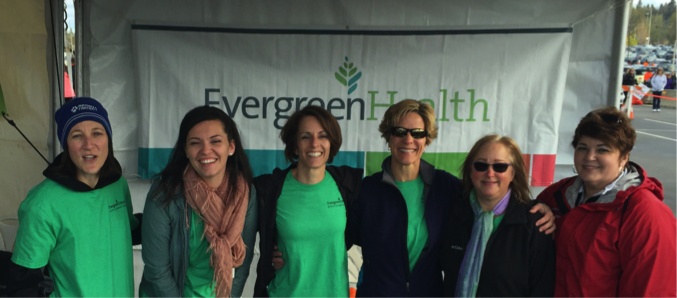Once upon a time, there was just a one-size-fits-all way to describe the disease known as multiple sclerosis (MS). However, it was apparent that there was a wide range of individual courses. Some, but not all patients, suffered attacks. Some remained relatively stable for many years, while others steadily worsened.
A big advancement came in 1996 when an advisory committee of the National MS Society published a guideline for categorizing patients into one of four disease types:





























